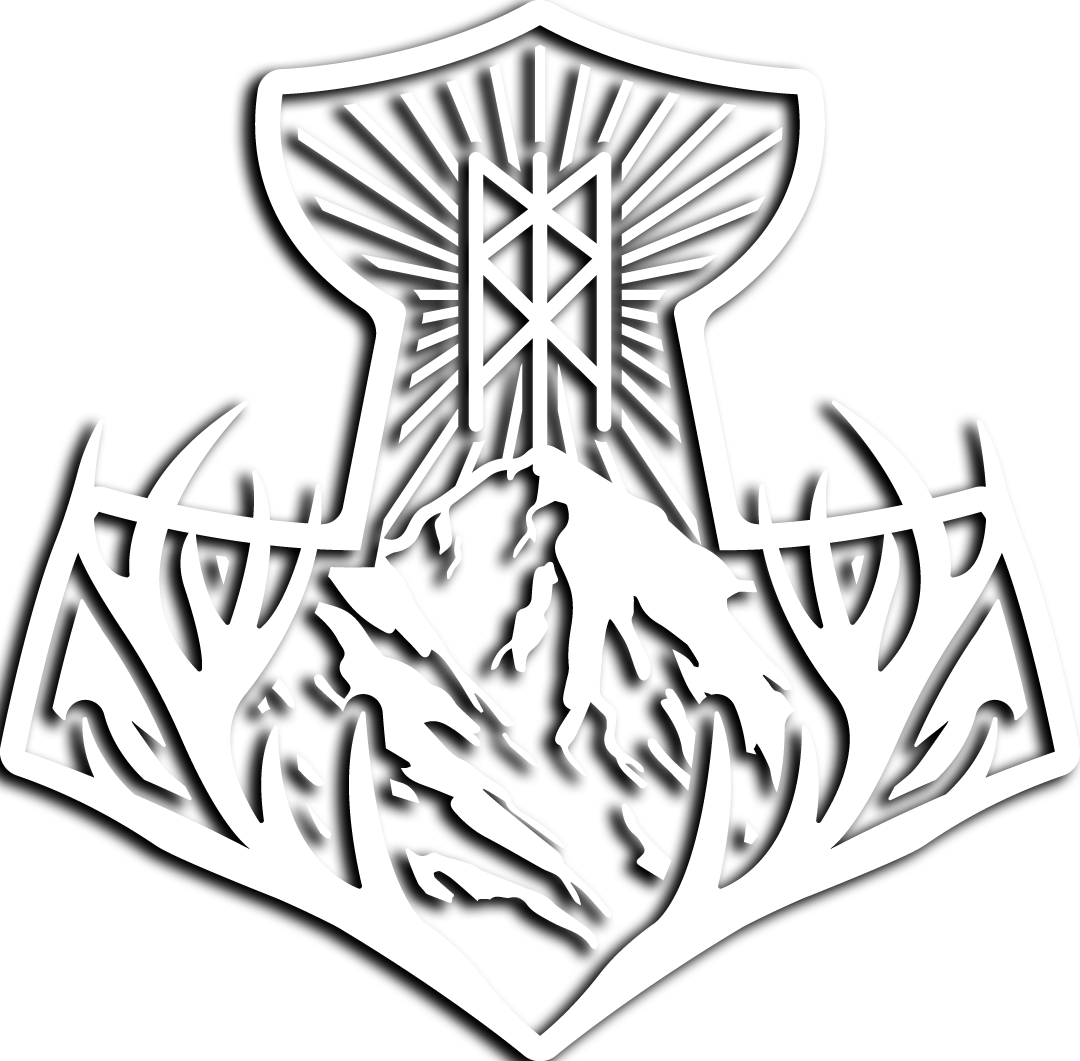UPG vs Reconstructionism in Paganism. What’s the answer?
“The old songs are gone; we have to make new ones.” - Einar Selvik
Have you ever found yourself faced with an experience with one of your deities, a god or
goddess you know very well, but the experience itself is unlike anything you’d heard of or read
previously? You search and you search for anything to show evidence that this message, these
signs, are truly from the gods but you find nothing. What did you do? Did you dismiss the signs
as a misunderstanding or perhaps meaningless, or did you choose to trust your intuition and to
trust your relationship with the spirits? Depending on your answer, you might be following
“unverified personal gnosis”, otherwise known as “UPG”.
UPG is a fairly new term that is used to describe a modern practitioner’s personal experiences
with the spiritual and esoteric that are not necessarily supported by historical works,
archeological findings, or cultural records. Because of the lack of foundation and documented
evidence to support these theories and beliefs, there are some within the pagan world who do
not ascribe any merit to UPG. This has led to an unfortunate rise in tension between
“reconstructionists” and those considered to be “new age” or “eclectic” in their practices. But
does there have to be a divide? Is there a place in modern paganism for UPG?
To answer this question, we must first understand the reasons why reconstructionists deny the
merit of UPG. Through the eyes of a reconstructionist, there is a kind of sacred duty to recover
and to maintain the ancient ways of our ancestors and those who came before us. So much of the
old ways have been lost to time and ignorance that it’s difficult– if not impossible– to ascertain what is
truth and what is simply the product of modern minds. Adding new lore, new aspects, and new
experiences without the backing of historical records from the ancestors diminishes what was recorded
and is akin to writing “fan fiction”... but is it, really?
There is no question that across the globe, indigenous and “pagan” cultures and beliefs were
lost to time and conquest. What little survives today only remains because it was either allowed
to survive by dominant religious authorities or it lived on in small tribes or families who kept what they
could alive in secret. So much more was destroyed, suppressed, and forgotten. Is it so hard to
believe that there are stories and perhaps even entire deities that we’ve never heard of because
the only book that contained its recounting was burned or destroyed?
From the 2024 Odin Ritual in Ohio
We also can see that throughout history, the gods and goddesses change and adapt along with
the culture and the time. Goddesses who were once merely patronesses of the moon become
symbols of divine femininity and fertility, of the hunt, or of war. Gods who previously only
represented war shift to agriculture or the arts. They adapt to the needs and struggles of their
people. Is it so out of the question that in a world where lonely travelers now mostly consist of
bikers, truckers, and fisherman, a god of travel can become a patron of motorists?
We must also ask the question of where these old stories and myths originally came from. Were
they events witnessed in the physical world, real wars between real beings? Were they visions
experienced during shamanic trance or dreaming? How did they determine, at that time, the
validity of that story to preserve it as the standard for belief? Did they have a set of certain
criteria, such as ‘a minimum of ten people must also independently experience this as well
before it is determined canon’? I’m not so certain… so I pose this question instead: If we don’t
know what that standard was, why do we need one now?
As pagans in our modern world, we are faced with the tragic loss of what knowledge our
ancestors once held — but we are also blessed with a beautiful opportunity to write the stories that
will continue to inspire, invigorate, and guide future generations. Modernity offers us safety and
comfort from the harsh realities that prevented our ancestors from seeking knowledge rather
than simply seeking survival. This allows us the chance to sense subtleties, to connect and
research and piece together information. We are already seeing gods and goddesses otherwise
forgotten to history returning through whispers and dreams in those who believe. New songs
and rituals are being written by skalds and shamans alike. It is our responsibility to record these
and preserve them where our ancestors were unable to.
-Orion Feilan

